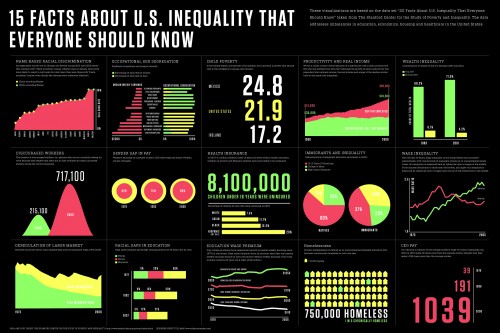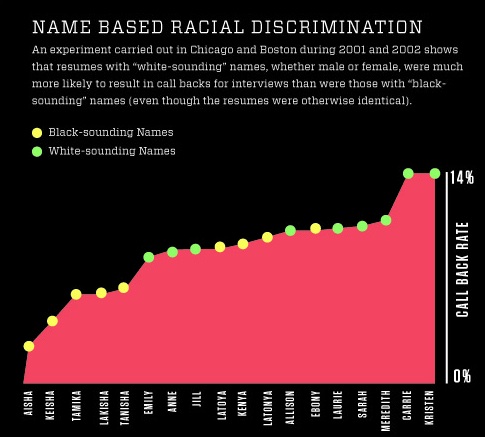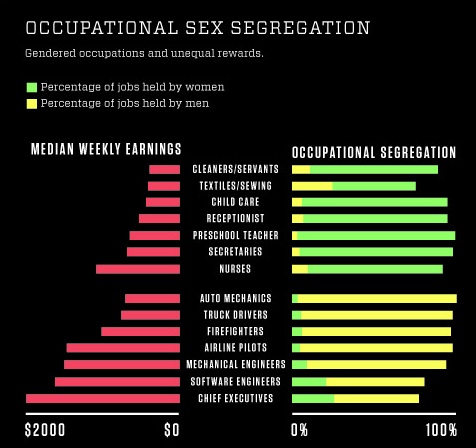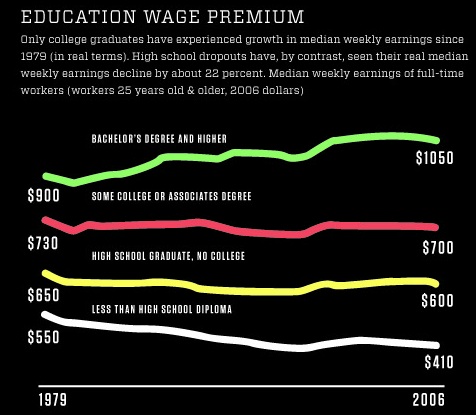Andrew Slater sent in an interesting example of the mocking of rap music. The mocking occurs in a re-make of Rebecca Black’s “Friday,” about the excitement of going on out Friday night. Black’s low-budget music video went viral, shooting her into stardom, or at least celebrity. The song is a standard teeny-bop pop song, complete with rap interlude.
The re-make, produced by the Community Christian Church, features a so-called “Sadie Black” singing about “Sunday” instead of Friday, and extolling the pleasures of worship. Slater noticed, however, that the entire re-make is more-or-less truthful to the original, except for the rap section. In the re-make, “BP” and “Master E” appear to make fun of rappers. It’s a very different effect when compared to the straightforward mimickry of Sadie B.
Screen shots (original and re-make respectively):
Videos (rap sections starts at 2:30 and, um, 2:30 respectively):
Lisa Wade, PhD is an Associate Professor at Tulane University. She is the author of American Hookup, a book about college sexual culture; a textbook about gender; and a forthcoming introductory text: Terrible Magnificent Sociology. You can follow her on Twitter and Instagram.













